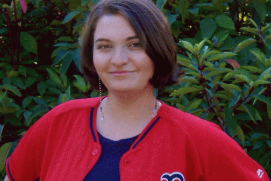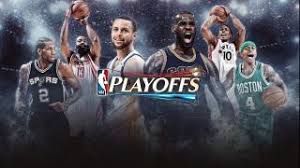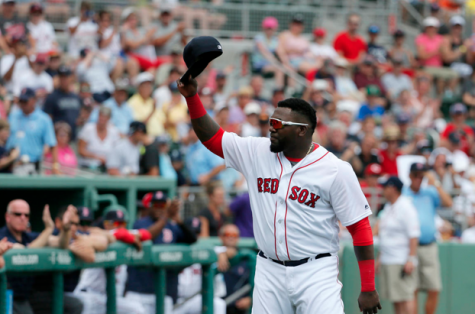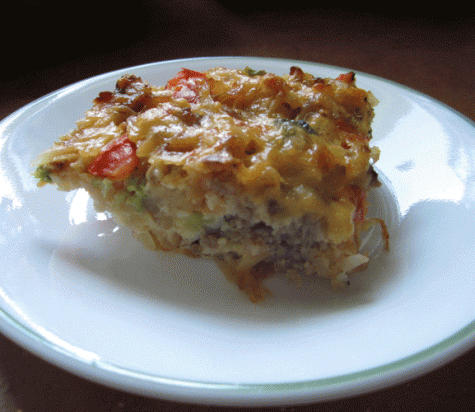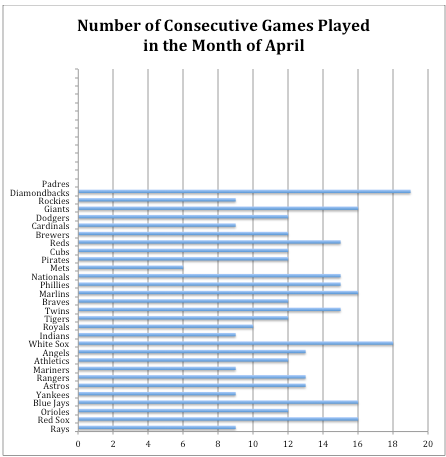Nowadays, feminism has a largely derogatory connotation. People in my own classes have compared it to a supremacy group (some use the term “Feminazi”). But when it comes down to it, feminism is about equality and respect: between genders, between races, between sexualities, between anything and everything under the sun. Feminism is not about one group being any better then another group, contrary to popular belief. If you’re interested in learning more about what feminism truly is, I recommend former staffer Kate Moberly’s article on the subject from last year.
But when we talk about feminism in YA novels, what does it mean? In C.J. Redwine’s latest novel, THE SHADOW QUEEN, Princess Lorelai slays her own dragons in Redwine’s retelling of Snow White with a feminist twist. Shortly after it’s February 16th release date, it hit the New York Times bestseller list.
But the one novel that I’ve read recently that has really stood out to me is Emery Lord’s WHEN WE COLLIDED. Known for her trademark feminism, Lord’s third novel chronicles Vivi and Jonah, as Vivi deals with the struggles of her bipolar depression. It stands out to me because of how Lord portrayed Vivi; her mental illness was displayed with brutal honesty and perfect pitch. More then that, Vivi herself became more then her illness; she learned how to cope with it and how to not let it consume her. In her darkest moments she fought; in her brightest moments she shined. Vivi became the true embodiment of feminism in YA lit: She became her own person, accepting her illness, and knowing that it would not define her.
I recently was lucky enough to interview the author of WHEN WE COLLIDED, Emery Lord herself.
Hannah Martian: What does feminism mean to you?
Emery Lord: It means equity for women- all women. It means noticing the ways in which the world is unfair to women and challenging why. (Also all the ways patriarchy shoehorns women AND men into roles that might not be right for them at all.) It means advocating not just for your own POV but listening & caring about your fellow woman’s & respecting choices that are different than yours.
HM: Do you write your novels with the intent of including feminist themes?
EL: Not with that explicit intent, no. I write with the intent of being truthful. But, I believe that young women- as protagonists and as readers- are complicated, interesting, and worthy of narratives. That’s my truth…but a pretty inherently feminist one 😉
HM: How important are female friendships to you in your novels?
EL: Hugely. As a young woman on a day to day basis, I rarely navigate the “plot” of my life (moving to a new city after college! buying a house! making strides in my career!) without my girl friends. So, as a writer, it’s actually hard for me to NOT include close female friendship for the protagonist.
HM: Do you think it’s important that feminist themes are apparent through YA literature? If so, why?
EL: Yes, but I think writing complex, messy, fully-fleshed-out female characters is feminist. I think writing girls who are not great examples of feminism in practice is feminist. I know that seems contradictory, but part of the problem with our world and media is that we have impossible expectations of women. We’re really bad, as a society, at letting young women mess up or being angry or be wrong. So even if a book doesn’t SEEM feminist, you can still look at it through a feminist lens. So while it is really great to have books with more overtly feminist themes (body positivity, girls working hard in spaces that are traditionally male, explicitly stating the unfairness of male vs female sexuality, sexual assault survival, etc.) I think you can find feminist themes or critique in almost all fiction. Feminism can be the lens- the glasses in front of your eyes, not the book in your hands- if that makes sense! It’s not the object. It’s how you look at the object.
HM: What are some of your favorite feminist YA novels?
EL: I have so many- let’s go with some that deal with the subjects I put in parenthesis above! Pointe by Brandy Colbert, 99 Days by Katie Cotugno, anything by Courtney Summers, Dumplin by Julie Murphy, Rites of Passage by Joy Hensley. I also recommend To All the Boys I’ve Loved Before by Jenny Han as a series that may not *seem* feminist in an obvious way at first, but I see so much of it there- in honoring identity, in girls making their own choices in their own ways, and in frank discussion of sex, love, how other girls are treated, safety- all kinds of things!

